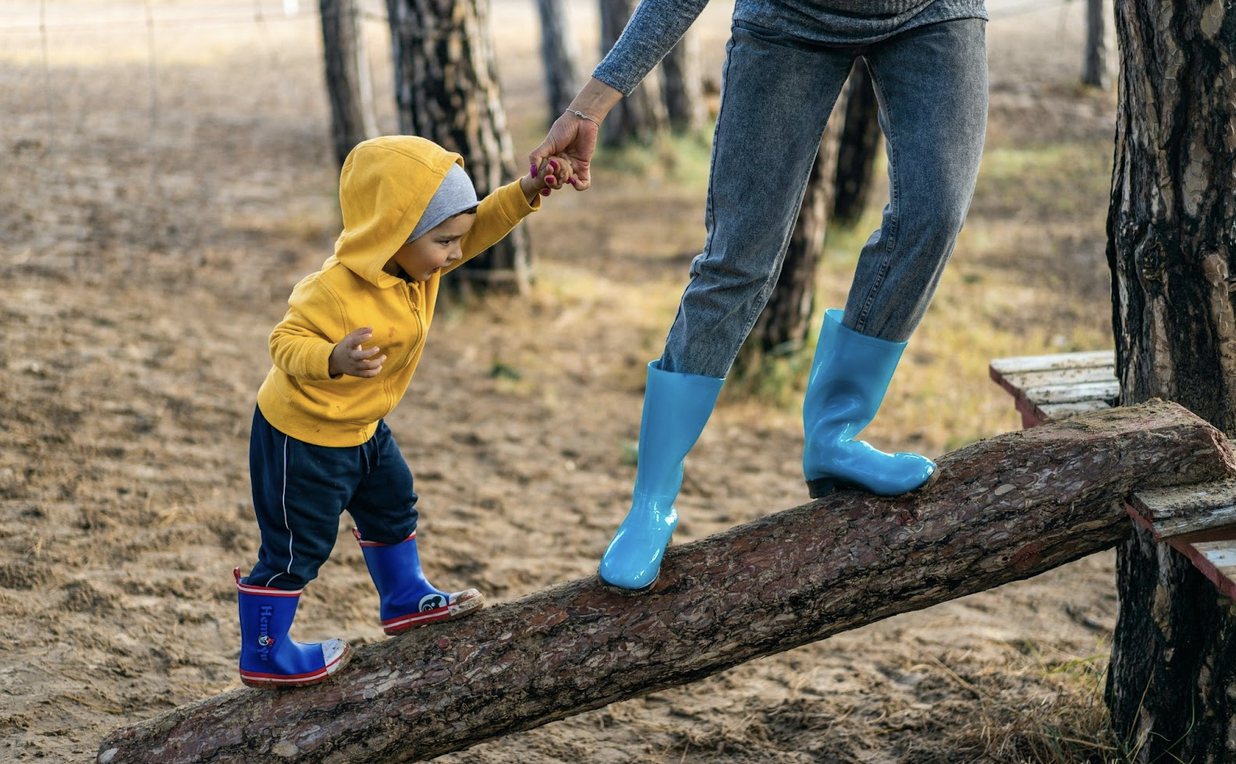Being resilient is valuable since it allows you to deal with stress positively when it inevitably arises. Positivity in the face of adversity is a sign of resilience. Children, as much as adults, need to learn to be resilient. Children that exhibit resilience are better able to cope with the challenges they will inevitably face as they develop.
Resilient children tend to be happier and less worried no matter where they are in the classroom, playground, or at home. Resilience in children includes the capacity to bounce back from adversity. It means kids can handle challenging situations, such as losing a loved one, attending a new school, or participating in a new activity.. Here are some strategies parents can use to help their young children develop resilience.
1. Lead by Example
As a parent or adult, you are responsible for leading by example. Your words and deeds will have an immediate and lasting effect on your children. Include your kids in family discussions, adopt a healthy lifestyle and become the best example of resiliency.
Parents are crucial to raising independent and resilient kids. There is a relationship between parental warmth and the resilience of their children. According to studies, kids are more resilient when their parents are warm and loving. The same study found that children who were showered with quality time, words of affirmation, and acts of service from their parents were more resilient.
Knowing your kids inside and out can give you a leg up on the road to helping them develop resilience. Show them how it’s done by demonstrating your own problem-solving and resilience. Spend more time with your kids, whether playing games, reading to them, or just holding them close, when they’re having a tough time. You and your kids can benefit from practicing deep breathing together as a stress relief technique.
2. Work as a Team
The ability to collaborate effectively with others to achieve a common goal is known as “teamwork.” Inspiring kids to work together as a team is a great way to build their resilience. Teach your children that any problem can be overcome if people work together to find a solution.
Instill in your child a sense of gratitude for their teammates. Investing time now in teaching kids the concept of teamwork will pay dividends in the future, both in the classroom and the workplace. They’ll learn firsthand how important it is to have everyone on the same page when facing up against a difficult situation.
Participating in a team sport is a fantastic way to help your kids learn to collaborate with others and develop teamwork. In addition, doing team activities outside can help them feel better about themselves. But, first, you’ll need the right tools and equipment to get them ready. For example, you need to ensure they have the right clothes, shoes, and gear, such as upgraded kids prescription sunglasses, so that they can play on their team.
3. Embrace Failure
Everyone will experience failure at some point. When you experience setbacks, you learn to endure and strengthen your resolve. Many successful people attribute their continued success to their past failures. The challenges they overcame ultimately shaped them into more resilient and accomplished individuals.
Kids can develop resilience by learning to embrace setbacks. Children might get insight through their missteps and errors. Teaching kids to take defeat in stride is a great way to build resilience. Your children will imitate your every move, so be conscious of how you handle failures and mistakes. So become an example of how to overcome failures.
Guide them to place greater value on effort rather than ability. Tell them it’s okay to fall short occasionally as long as they give it their all. Help them evaluate their actions, their outcome, and how the negative consequences of these actions can be avoided. For example, if your child could not cross the finish line of a race, you might talk to him about what went wrong and how he can improve for the next race.
4. Realistic Goals
Young people develop more resiliency when they are more goal-oriented. In addition, kids who have common goals to aim for are better able to cope with stressful situations. But if you want your kids to feel like they’ve accomplished something, you should give them realistic and doable goals.
After deciding on a goal for your kids, be sure it’s doable in your chosen time frame. Discuss a time frame with your kids. For example, if your goal is for your children to complete their homework before dinner, you’ll need to figure out a realistic timeframe with them. You must ensure that you provide your kids with clear direction to help them achieve their goals.
Resilience Can Help Kids Thrive
Young people who develop resiliency in the face of hardship have a better chance of surviving and thriving as adults. For children to grow up to be resilient, parents must equip them with the resources they’ll need to deal with the inevitable challenges they’ll face.










![Home Renovation Guide [2025]](/app/uploads/2021/04/design-hacks-1-378x300.jpg)
